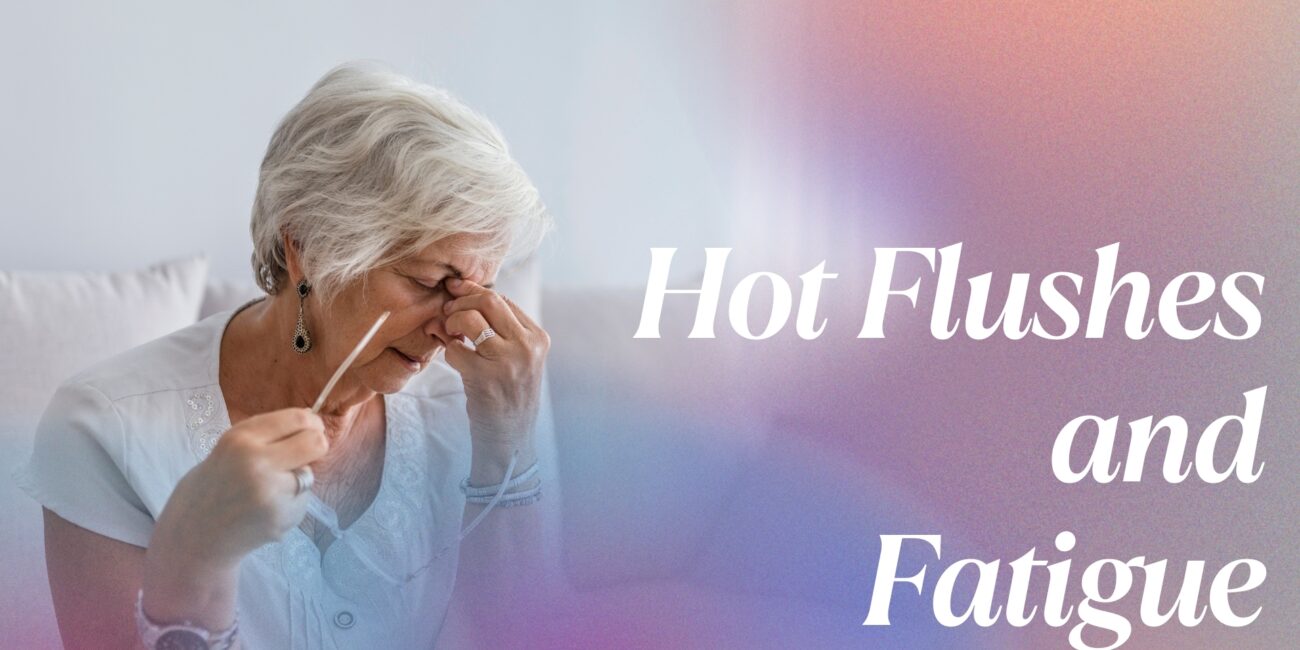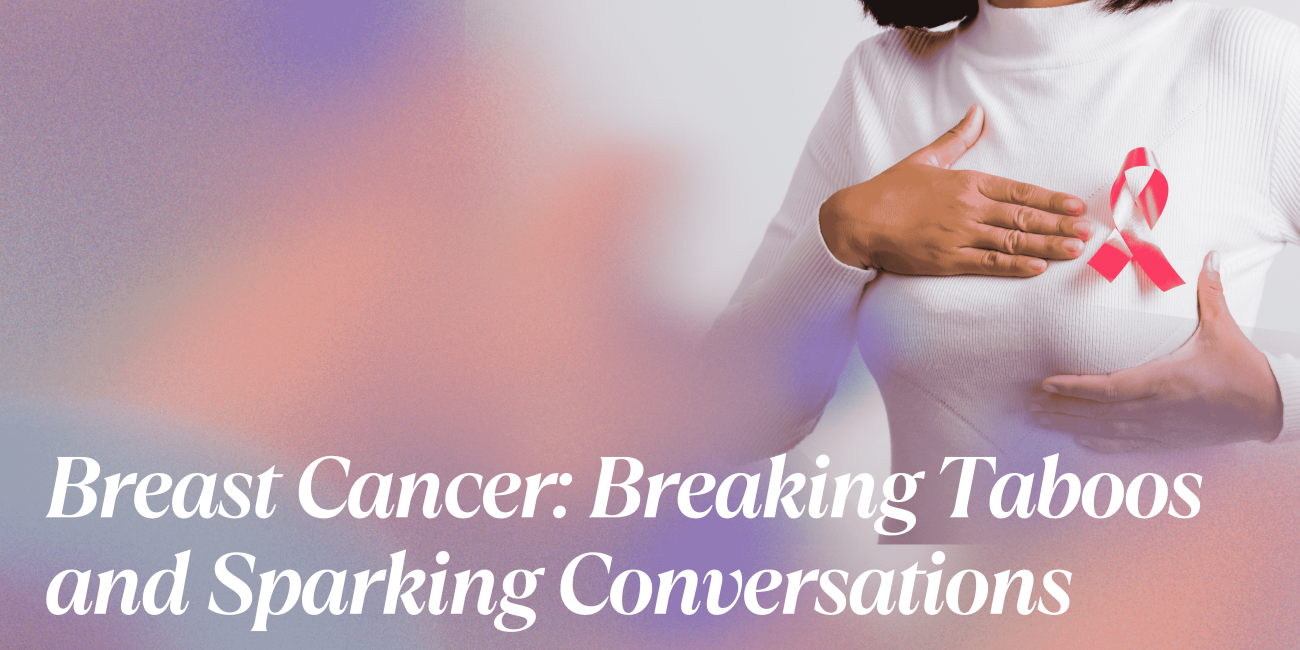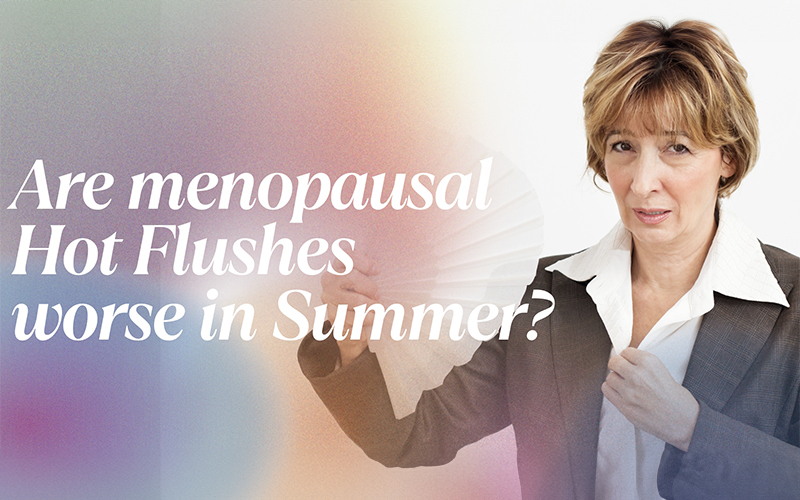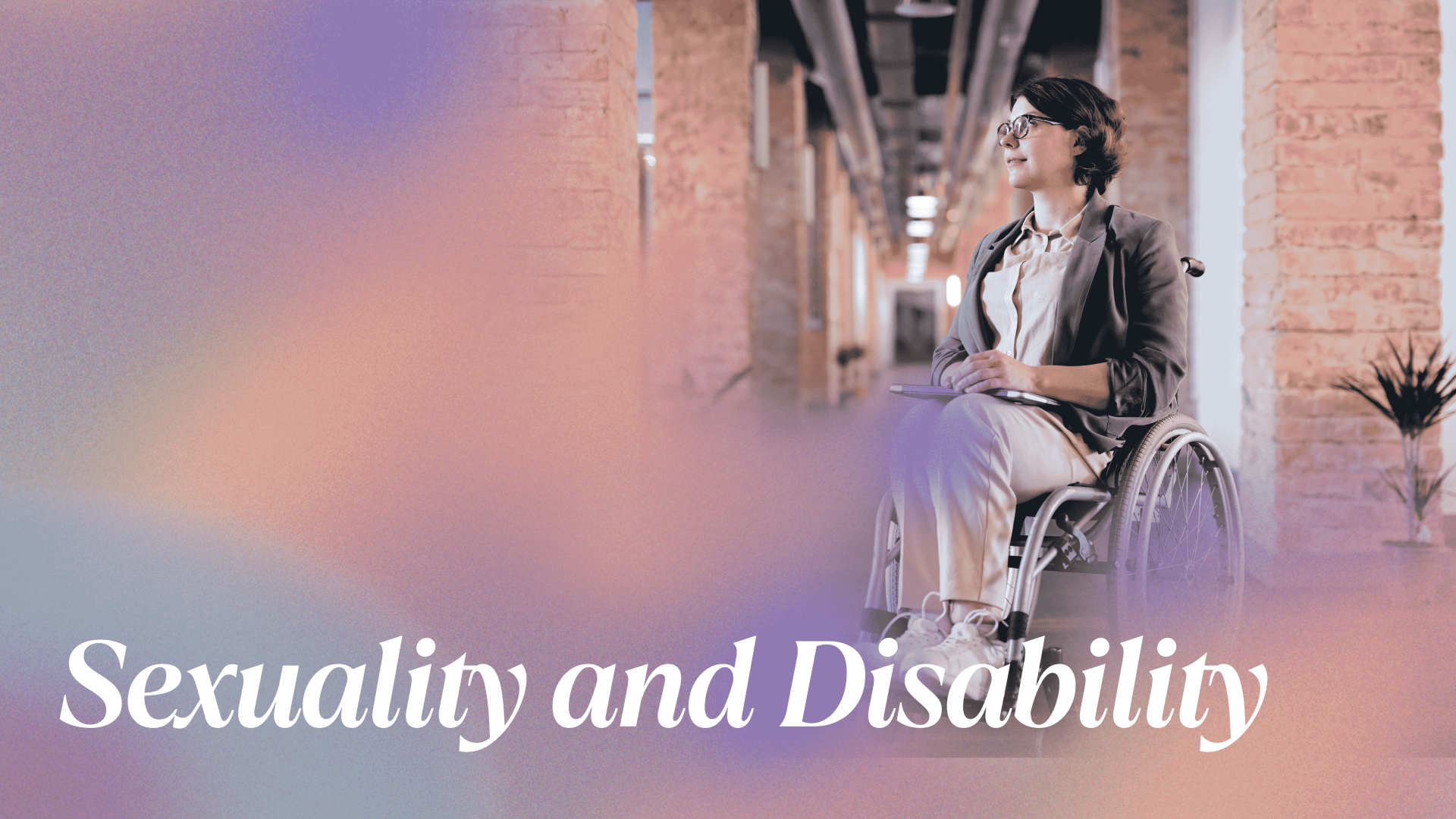Introduction
Sexuality is a person’s feelings, thoughts, behaviours, and attraction towards other people acting as a determining factor for quality of life. Sexuality and disability have recently gained attention as important issues, with significant research on the topic starting in the 1970s. During the 1970s, there was a notable shift towards emphasizing normalization principles in providing services for individuals with disabilities where the rights of people with disabilities regarding sexual behavior were addressed.
These rights included being informed about sexual matters, the freedom to express their sexuality, the right to marry, and the right to become parents. Despite these pioneering efforts, individuals with disabilities continued to face stigma and negative attitudes. Many were erroneously viewed as lacking sexual desires or abilities.
It’s crucial to recognize that individuals with disabilities have an undeniable right to meaningful sexual relationships, satisfaction, and expression. However, fear, ignorance, and misconceptions have perpetuated the belief that they are asexual. To combat this, there’s a pressing need for increased education and advocacy efforts to raise awareness about the sexual rights of individuals with disabilities.
Sexuality is a complex aspect of human life, encompassing language, emotions, thoughts, and behaviors. It is influenced by personal values, beliefs, desires, as well as cultural and gender norms. Sexual socialization plays a vital role in healthy sexual development. They discuss how the dynamic relationship between sexual behavior and socialization impacts sexual health. Without proper sexual socialization, individuals may develop maladaptive sexual behaviors which means engaging in behaviors related to sex that are not healthy or appropriate. This could include things like being too focused on sex, doing things without someone’s permission, or having trouble in relationships because of sexual issues and experience social isolation. Disability is a complex issue, and psychosocial and social factors greatly influence outcomes, thus fostering positive sexual socialization is crucial for promoting sexual well-being among individuals with disabilities.
Psychosocial Factors
When we talk about psychosocial factors, we’re referring to the combination of psychological and social influences that can shape a person’s sexual experiences and well-being. These factors can have a significant impact on how individuals with disabilities navigate their sexuality and relationships.
1. Psychological Factors: These include aspects of an individual’s mental and emotional well-being. For instance, feelings of self-esteem, body image, and self-confidence can all influence how someone perceives themselves as a sexual being. Additionally, past experiences, trauma, and mental health conditions such as depression or anxiety can affect a person’s sexual desires and behaviors.
2. Social Factors: Social influences, such as cultural norms, societal attitudes, and interpersonal relationships, also play a crucial role in shaping one’s sexuality. People with disabilities may face stigma, discrimination, and societal misconceptions about their sexuality, which can impact their self-perception and sexual expression.
Supportive relationships, acceptance from friends and family, and access to inclusive communities can positively influence sexual well-being.
By addressing these psychosocial factors, we can create a supportive environment where individuals with disabilities feel empowered to explore and express their sexuality in a way that aligns with their needs and desires. This may involve providing counseling or therapy to address psychological barriers, offering education and resources to challenge societal stereotypes, and facilitating open communication about sexual health and relationships within the healthcare setting.
Ultimately, acknowledging and addressing psychosocial factors as part of holistic care can contribute to the overall well-being and quality of life for individuals with disabilities, ensuring that their sexual rights and needs are respected and supported.
Social Stigmas
Myths regarding sexuality and disability often prevail in the society resulting in an adverse influence on one’s self esteen and sexual confidence.
These myths and misconceptions not only affect individuals’ self-esteem and sexual confidence but also contribute to a culture of silence and shame. People with disabilities may internalize these negative beliefs, leading to feelings of inadequacy or unworthiness in intimate relationships. Moreover, societal attitudes that portray individuals with disabilities as incapable or undesirable partners further perpetuate these harmful stereotypes.
As a result, individuals with disabilities may struggle to assert their sexual rights and advocate for their own needs within healthcare settings and broader society. They may fear judgment or discrimination, leading them to avoid seeking support or guidance regarding their sexual health and well-being. This lack of access to information and resources can exacerbate feelings of isolation and hinder opportunities for fulfilling and satisfying relationships.
Addressing these social stigmas requires concerted efforts at multiple levels, including education, advocacy, and policy reform. By challenging outdated beliefs and promoting inclusivity and acceptance, we can create a more supportive and empowering environment for individuals with disabilities to express their sexuality freely and confidently. This shift not only benefits individuals directly affected but also fosters a more inclusive and equitable society for all.
Myths Surrounding Sexuality & Disability
Taboos and myths surrounding sexuality have persisted due to societal, religious, and cultural norms, making it a challenging topic to address openly in healthcare settings.
Several common myths contribute to the stigma surrounding sexuality and disability including:
– People with disabilities are asexual, lacking sexual desires or interests.
– No able-bodied person would find someone with a disability desirable.
– Sexual intimacy is not possible for people with disabilities.
– People with disabilities are not suitable for marriage or as sexual partners.
– Preventive medical procedures like pap smears are unnecessary for women with disabilities, especially those with spinal cord injuries.
– Sex education is unnecessary for people with disabilities.
– People with disabilities find it easier to adapt to sexual losses and changes.
By addressing these myths and providing accurate information and support, we can help individuals with disabilities assert their sexual rights, access necessary healthcare services, and achieve fulfilling and satisfying relationships.
Conclusion
In conclusion, fostering a culture of inclusivity, empowerment, and respect is paramount for promoting sexual well-being among individuals with disabilities. Through collaborative efforts at the individual, institutional, and societal levels, we can work towards creating a world where everyone can enjoy fulfilling and satisfying sexual relationships, regardless of ability.
Resources : https://www.intechopen.com/chapters/82075





 No products in the cart.
No products in the cart.